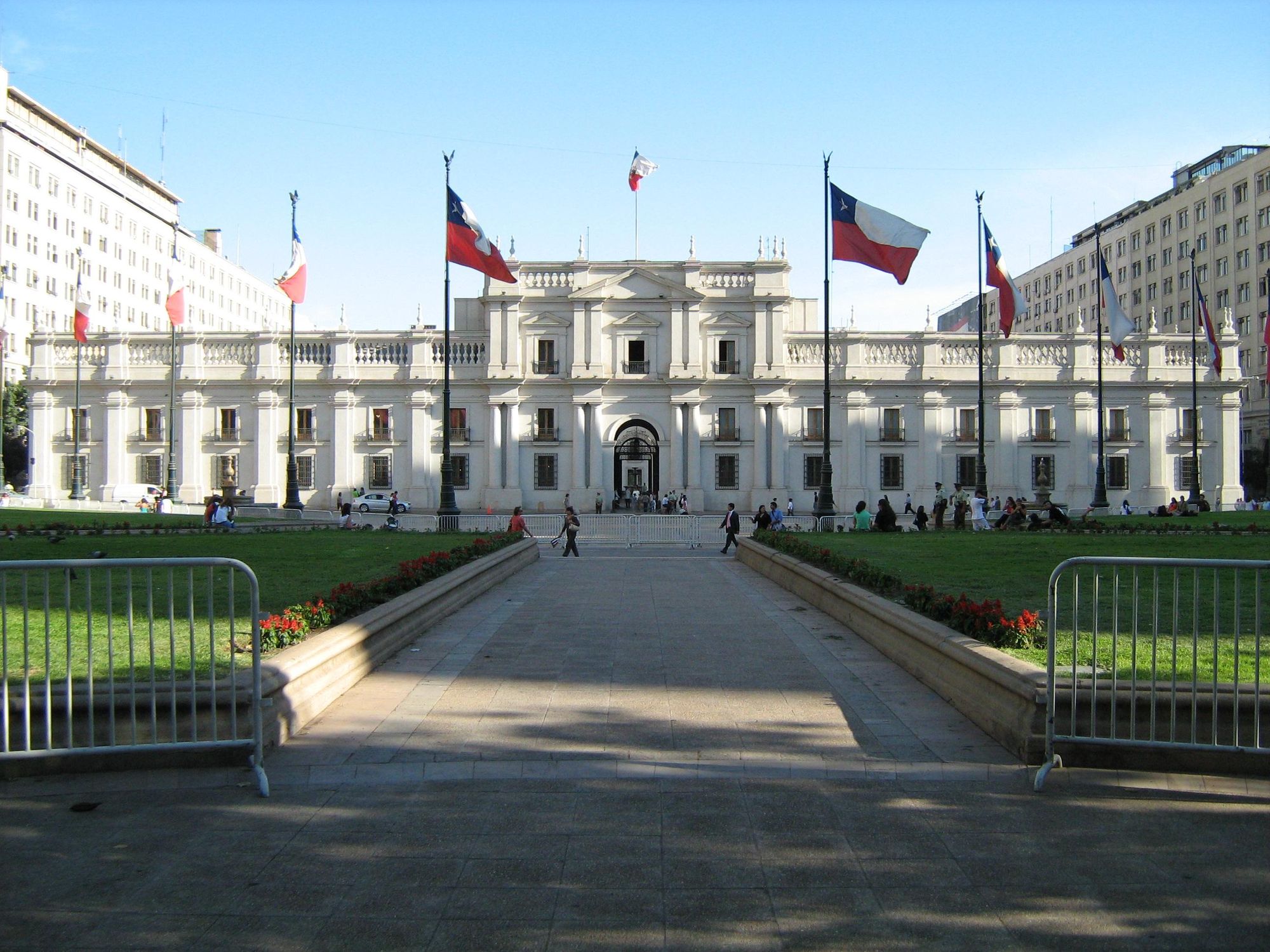Vaccination programmes are among the most effective tools at the State’s disposal to protect public health. They have been part of Chile’s response to public health threats such as smallpox as early as 1920. Chile’s vaccination programmes have been successful in eliminating smallpox (1950) poliomyelitis (1975) and measles (1992). This blogpost outlines the provisions of the Chilean legal system that impose mandatory vaccination programmes for certain diseases, and provide further powers to the Executive to expand by means of secondary legislation the list of diseases subject to compulsory programmes. It also shows that whilst the government employs these provisions to set up an annual mandatory vaccination programme for some 13 diseases, as far as Covid-19 is concerned, the provisions outlined below have not been employed. Covid-19 vaccination remains voluntary and non-conditional in Chile.
The Chilean legal system has granted the government coercive powers to implement mandatory vaccination programmes for about a hundred years. Subsequent versions of the Sanitary Code, a piece of primary legislation, have provided mandatory vaccination against smallpox and delegated powers on the executive to introduce mandatory vaccination programmes through secondary legislation (see articles 100 145-152 1925 Sanitary Code; articles 60-631931 Sanitary Code). The 1967 Sanitary Code, still in force, provides in article 33 mandatory vaccination against smallpox, diphtheria and pertussis. In addition, article 32.2 provides that the President of the Republic, on the advice of the Director General of Public Health, may declare mandatory vaccination of the population against communicable diseases for which there are effective immunization procedures. The President exercises this power through Exempted Decrees, a form of subordinate legislation which sets out who should be vaccinated, how (vaccine type, number of dose, etc) and where. Article 174 declares that those who breach provisions of the Code, or of subordinate legislation made under the powers granted by the Code, may face an administrative fine ranging between $5.159 to 51,592,000 Chilean pesos (USD$7 – USD$72,500).
The Chilean legal system, therefore, strikes a clear balance in favour of public health over civil liberties. The statutory book imposes mandatory vaccination for certain diseases. On top of that, the President can declare, with appropriate scientific advice, mandatory vaccination programmes by executive decrees. Refusal of inoculation may result in public health authorities imposing fines. On the other hand, in “writs of protection” filed by hospital directors against parents refusing to vaccine their children, the Supreme Court has endorsed mandatory vaccination programmes (Decision 7074, 15 November 2012); Decision 36759, 3 March 2016). The Court found that the right to life, the right to health, and the rights enumerated in the United Nations Convention on the Rights of the Child should trump the rights of the parents.
The legal framework contained in the 1967 Sanitary Code has enabled the government to implement its current mandatory vaccination programme, known as “Expanded Program on Immunization (EPI)”. The origins of this programme are based on resolutions by the World Health Organization and its Pan American branch. Resolution WHA 27.57 issued by the World Health Assembly on 23 May 1974 launched the EPI. Its aim was to immunize children against certain communicable diseases. The Resolution recommended States to develop immunization and surveillance programmes against some or all of the following diseases: diphtheria, pertussis, tetanus, measles, poliomyelitis, tuberculosis and smallpox. In 1977, the Pan American Health Organization launched its own EPI for the Americas, to tackle child morbidity and mortality. This programme was eventually implemented in Chile in 1979, and included free and mandatory vaccination against all the diseases recommended by the WHA.
The EPI has been operating for more than 40 years. The current programme is contained in Exempted Decree No. 6 of the Ministry of Health, of 2010, made under the powers provided by article 32 of the Sanitary Code. The Decree contains a list of 13 diseases which are subject to mandatory vaccination, including tuberculosis, poliomyelitis, diphtheria, smallpox and tetanus, among others. The Decree also sets out who has to be vaccinated, how and where. This Decree has been amended thirteen times since its enactment.
Despite this long-standing practice of mandatory vaccination programmes, vaccination against Covid-19 has been operating on a purely voluntary basis in Chile. The government’s strategy to promote vaccination has relied on persuasion rather than on coercion, stressing the benefits of vaccines to protect household members, older people and colleagues from Covid-19. In other words, the powers under article 32 of the Sanitary Code have not been exercised, as far as Covid-19 is concerned.
Although the World Health Organization identified the reluctance or refusal to vaccinate as a global health threat, the figures suggest that vaccine hesitation has not been an issue in Chile. Indeed, official data by the Chilean Government indicates that more than 14 million doses have been administered so far (data updated on 25 April 2021). Almost 8 million people have already received its first jab, and more than 6 million people already have their second jab.
This means that almost 40% of the population has received at least one dose of Covid-19 vaccine, meaning that Chile is at the top league on vaccination roll-out. This shows, on the one hand, that Chile is in good shape to reach its 80% population vaccination target (more than 15 million people) at some point this year (yet, there has been discussion about when, if at all, this would be possible). More significantly, a careful look to disaggregated data of vaccination rollout by age confirms that vaccination hesitancy has been in short supply, and that the Chilean population has responded to campaigns promoting vaccination on a voluntary basis. According to the priorities set out by public health authorities, people aged 50 and over have already been called to their local council’s public health network to receive their first jab. Official figures indicate that 78.9% of those aged 50-59 have already received their first jabs. Figures for people aged 60 and over are even higher.
In sum, Chile provides an interesting case study in terms of its approach to vaccination programmes. On the one hand, the government has sweeping discretional legal powers to impose mandatory vaccination programmes and enforce them. Furthermore, the government has exercised these powers on an annual basis for more than forty years. Nevertheless, as far as the Covid-19 vaccination programme is concerned, the government has diverted from this path. Instead, it has opted for a fully voluntary and non-conditional vaccination process. The government has relied on persuasion rather than on coercion. One reason for the differences may be that mandatory vaccination programmes are mainly targeting children rather than the adult population. So far, this strategy has proven sound. It remains to be seen though how, as the vaccine rollout continues making progress in forthcoming months, population aged 40 or less responds to their calls to get inoculated. That may well prove a litmus test for the government’s Covid-19 vaccination strategy.
TWEET

